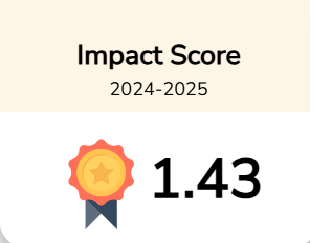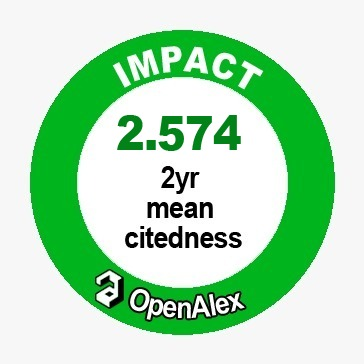Impact of saltwater intrusion on poverty in rural households in the Mekong Delta, Vietnam
Downloads
Purpose: The purpose of this study is to examine the causal relationship between saline intrusion and poverty in rural households in the Mekong Delta based on the 2018 Vietnam Household Living Standard Survey data.
Design/Methodology/Approach: A sample of 344 rural households in the Mekong Delta is used to analyze the causal relationship between saline intrusion and poverty through income. This study employed the Ordinary Least Squares method and the oprobit model to investigate the causal relationship between saline intrusion and rural household income. Finally, this study estimates the impact of saline intrusion on poverty using different propensity score matching methods.
Findings: 1) Saltwater intrusion has a significant negative impact on the income of rural households, making households more likely to fall into the lower income group; 2) Saltwater intrusion has a greater negative impact on the incomes of poorer households than non-poor households, while also having a negative impact on households with low education and farming; and 3) By reducing household income as well as income from farming activities, infiltration increases the risk of poverty for rural households and reduces the household's ability to escape poverty.
Conclusion: This study demonstrates how saltwater intrusion affects household poverty by reducing income and raising the likelihood that households will fall below the Vietnamese government's designated poverty income threshold.





